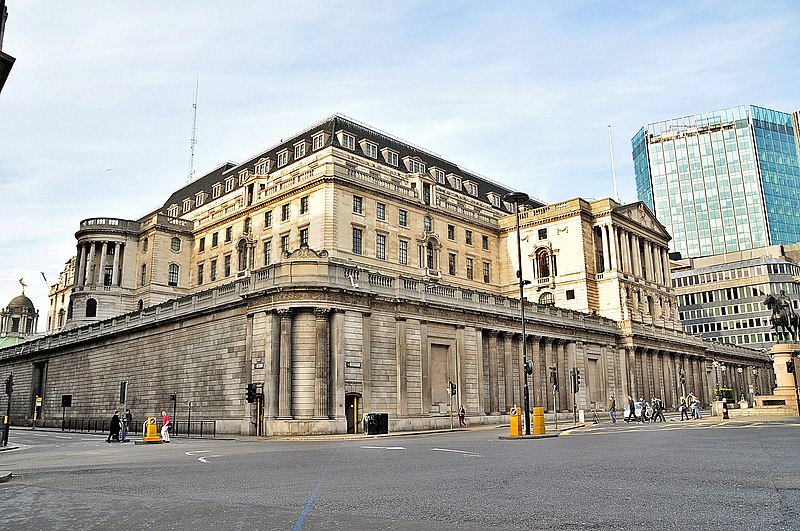
Average weekly earnings in the UK, excluding bonuses, increased by 5.9% on an annual basis in the three months to December, reaching £664 per week, according to data from the
Office for National Statistics (ONS). This figure aligned with analyst expectations and marked an increase from the 5.6% rise recorded in the previous three-month period. It was also the fastest wage growth since the period ending April 2024.
Private sector wage growth played a significant role in driving this increase, with earnings rising by 6.2% over the period, up from 5.9% previously. Despite this strong performance, it fell just short of the Bank of England’s (BoE) forecast of 6.3%.
Public sector wages also on the rise
The public sector also saw an acceleration in wage growth, rising from 4.2% to 4.7% over the three months to December. Other industries, including manufacturing, construction, wholesale, hotels, retail, finance, and business services, experienced notable wage increases as well.
Real Wage Growth Adjusted for Inflation Improves
When adjusted for inflation, wage growth in real terms increased by 2.5% during the three-month period, slightly up from 2.4% in the prior period. December's figure marked the highest real wage increase in seven months.
Including bonuses, wage growth surpasses expectations
When factoring in bonuses, UK average earnings for the three months to December grew by 6.0%, up from 5.5% in the previous period and exceeding analyst forecasts of 5.9%.
Unemployment rate holds steady
The UK unemployment rate remained at 4.4% in the three months to December, unchanged from the previous period but slightly below market expectations of 4.5%. This was also the highest level since May 2024, primarily due to an increase in individuals unemployed for up to 12 months.
Inflation concerns as wage growth persists
Kyle Chapman, FX markets analyst at Ballinger Group, commented that the acceleration in wage growth highlights the Bank of England’s ongoing challenge in curbing inflation.
"Wage growth of 6.0%, coupled with negative productivity growth, is inherently inflationary," he noted. "While this may prompt some caution among policymakers heading into the March meeting, the projected uptick was already factored into previous forecasts. Additionally, increased employer tax burdens may prevent the BoE from delaying action."
UK jobs market faces uncertainty
Danni Hewson, head of financial analysis at AJ Bell, raised concerns about the resilience of the UK labor market in light of tax and wage policy changes.
“The impact of National Insurance adjustments and a rising National Living Wage is being viewed as a tax on jobs. The key question now is whether the labor market can withstand the potential challenges ahead,” she stated.
Despite declining job vacancies from post-pandemic highs, Hewson pointed to early payroll estimates for January, which indicate some optimism.
“Employers value skilled, reliable workers and are willing to offer competitive wages to retain them, avoiding the costs and disruptions of hiring and retraining. Additionally, the construction sector has seen an increase in demand, driven by lower interest rates and the government’s commitment to boosting infrastructure development.”
With wage growth continuing to outpace inflation, all eyes remain on the Bank of England’s next policy decision and the evolving UK labor market conditions in the months ahead. Photo by Eluveitie, Wikimedia commons.



































